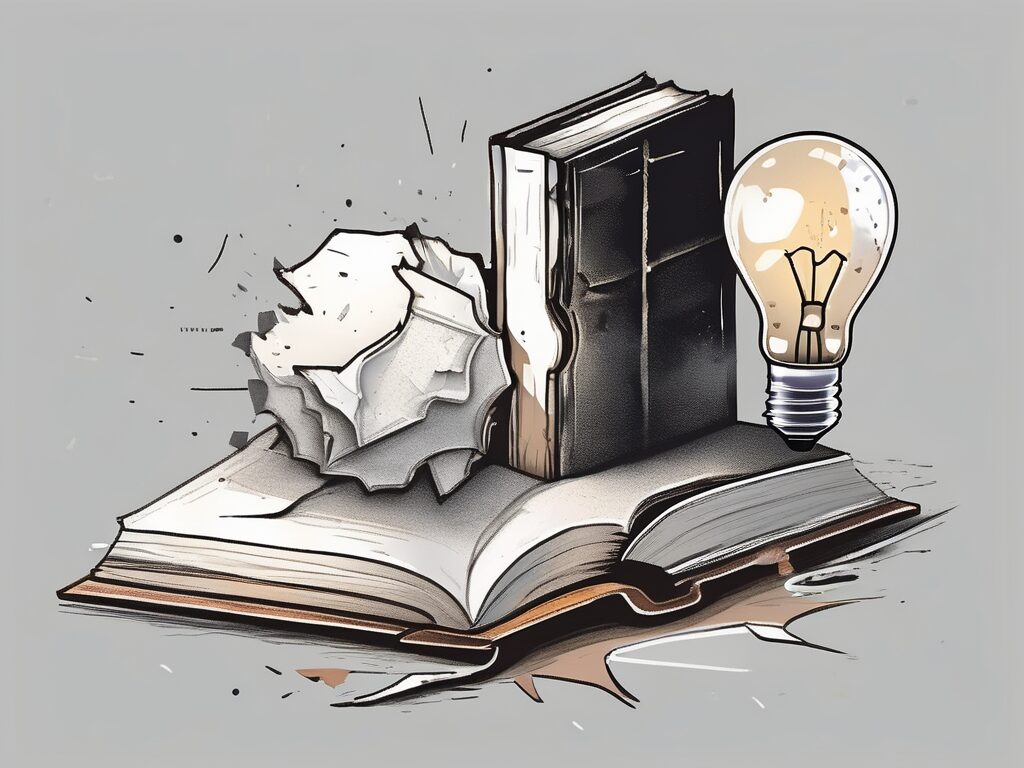Thailand, a country known for its rich culture and breathtaking landscapes, is currently grappling with a number of challenges in its education system. Despite the government’s efforts to improve education standards, there are still several hurdles to overcome. This article will delve into these issues, exploring their root causes and potential solutions.
Quality of Education
Standardised Testing
The Thai education system heavily relies on standardised testing. While these tests are designed to measure students’ understanding and knowledge, they often end up promoting rote learning. This is akin to the issues faced by the British education system, where critics argue that an overemphasis on exams stifles creativity and critical thinking.
Moreover, these tests are not always an accurate reflection of a student’s abilities. For instance, a student who excels in practical skills may not perform well in a written exam. This could potentially lead to talented individuals being overlooked.
Curriculum
The current curriculum in Thailand is often criticised for being outdated and not in line with the skills required in the 21st century. For example, the focus is still heavily on traditional subjects such as mathematics and science, with less emphasis on subjects like technology and arts. This is similar to the education system in many developing countries where the curriculum has not evolved with the times.
Furthermore, the curriculum does not sufficiently cater to the diverse needs of students. Not all students have the same learning style or interests, and a one-size-fits-all approach can be detrimental to their learning experience.
Access to Education
Rural vs Urban Divide
There is a significant disparity in the quality of education between urban and rural areas in Thailand. Schools in urban areas, especially in Bangkok, often have better facilities and more qualified teachers. This is reminiscent of the rural-urban divide in countries like India, where access to quality education is a major concern in rural areas.
On the other hand, schools in rural areas often lack basic facilities and resources. This can lead to students in these areas being disadvantaged, and can widen the education gap in the country.
Socio-Economic Factors
Socio-economic factors also play a significant role in access to education in Thailand. Children from poorer families often have to drop out of school to support their families. This is a common issue in many developing countries, where poverty can be a major barrier to education.
Moreover, children from ethnic minorities or migrant families often face discrimination and language barriers, which can hinder their access to education. This is a challenge that needs to be addressed to ensure equal opportunities for all students.
Teacher Quality and Training
Teacher Training
Teacher quality and training is another major challenge in the Thai education system. Many teachers are not adequately trained, especially in rural areas. This is similar to the situation in many African countries, where teacher training is a major issue.
Furthermore, there is a lack of continuous professional development opportunities for teachers. This can lead to teachers not being up-to-date with the latest teaching methods and technologies, which can impact the quality of education.
Teacher Retention
Teacher retention is also a problem in Thailand, particularly in rural areas. Low salaries and difficult working conditions often lead to high turnover rates. This is a common issue in many countries, where teaching is often not seen as a lucrative profession.
High turnover rates can disrupt the learning process and can have a negative impact on students’ academic performance. Therefore, improving teacher retention is crucial for improving the quality of education in Thailand.
Conclusion
The challenges facing Thailand’s education system are complex and multifaceted. However, with concerted efforts from the government, educators, and the community, these challenges can be overcome. By focusing on improving the quality of education, ensuring equal access to education, and enhancing teacher training and retention, Thailand can build a strong and inclusive education system that caters to the needs of all its students.
Like many countries, Thailand’s journey to educational reform is a long one. But with the right strategies and commitment, it is a journey that can lead to a brighter future for the country and its people.
Empower Your Teaching Career with IPGCE
As Thailand strives to surmount the hurdles within its education system, educators have the opportunity to become catalysts for change. IPGCE recognizes the pivotal role teachers play in shaping the future. By joining the UK’s #1 Teacher Training Course, you can enhance your qualifications, connect with a global network of professionals, and gain a deeper understanding of international curricula. Embrace the chance to elevate your career, increase your salary potential, and contribute meaningfully to educational reform. Don’t let inadequate credentials or isolation impede your professional journey. Join the IPGCE program today and be part of the solution for a stronger, more inclusive education system in Thailand and beyond.

